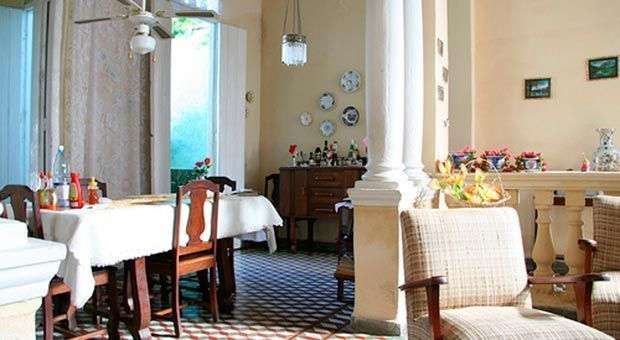How much is my house worth?
How much time to I need to sell it?
What price should I put on it, if there are no market references from the last half century?
Where should I advertise?
Who will the buyers be?
These are some of the questions we have when we decide to buy or sell. Answering them is the job of real estate agents.
Buying or selling a piece of real estate is a very important decision for a person, family, or business, and it often has sentimental implications that go beyond the financial aspect. Selling the home where you were born and where your kids grew up is not the same as buying a vacation home.
We believe that this is the factor that is most affecting the real estate market in Cuba. Let’s be realistic; the infrastructure on the island is not on par with the average on the continent. And the average Cuban cannot save up $200,000 to buy a home. In today’s prices, we are including our love for our homes and their future value.
In this sensitive area, real estate professionals plays a fundamental role: what is the real value of the as-built square footage of your home? A real assessment of your property is just the first step; it will be followed by others that in the end translate into work, time, and money. The seller and buyer must reach an agreement that is fair for both, with all of the guarantees of arbitrator and advisor provided by a real estate agent.
Of the many functions that are fulfilled by real estate agents, we believe four are the most important:
Assessment of the property.
Marketing (publicly announcing the property).
Advising the customer/buyer and the customer/seller, conveying experience from the agent’s area of specialization.
Closing and following up on the deal, one of the essential steps in accompanying the customer to the end of the process, so that all legal documents are in order.
In Cuba, the new regulations for self-employment (private work) include, for the first time, the profession of real estate agent, something that will unquestionably give a boost to the sector. Something that until now had been an informal activity in the city, carrying out work similar to medieval bartering, has now been elevated to the category of real estate agent, with knowledge of the market and a new code of ethics.
The simple authorization of functions that have been carried out without any training would not be the most recommendable idea. The new agents should not just include the intermediaries and “permuteros” (people who facilitate permutas, or house swaps); a qualitative leap is needed for the professionalization of a profession that plays a strategic role in the real estate sector.
An association, something that is common among these experts, would make it possible to have a framework for recognition—such as the National Association of Realtors in the United States, for example—and provide essential tools—such as the Multiple Listing Service—that institutionalize and protect the profession and authorize services that customers need.
In most countries with a developed real estate sector, 90 percent of buying and selling transactions are done through a professional. In Cuba’s case, we believe that a contribution of positive experiences is vital for the health of a sector that is being reborn and that is trying to take off.
The same way that a doctor is needed when you’re sick, or an architect is called for when you want to build, if you as an owner or a buyer want to know how much a house is worth, or the best place to buy and invest your savings, you should seek professional advice. Our Real Estate section is here to answer your questions.
Contributors:
Architects: Lázaro L. Pérez, Lorenzo González and Raúl Curras, author of the blog Arquitectura de Cuba
Coordinator: Alejandro Amador, real estate expert










